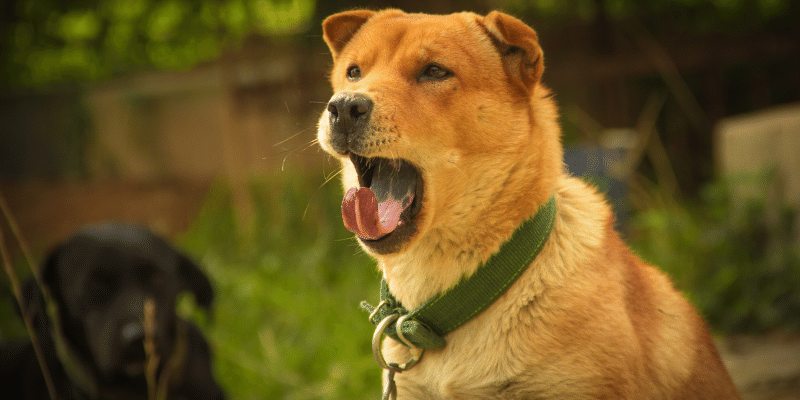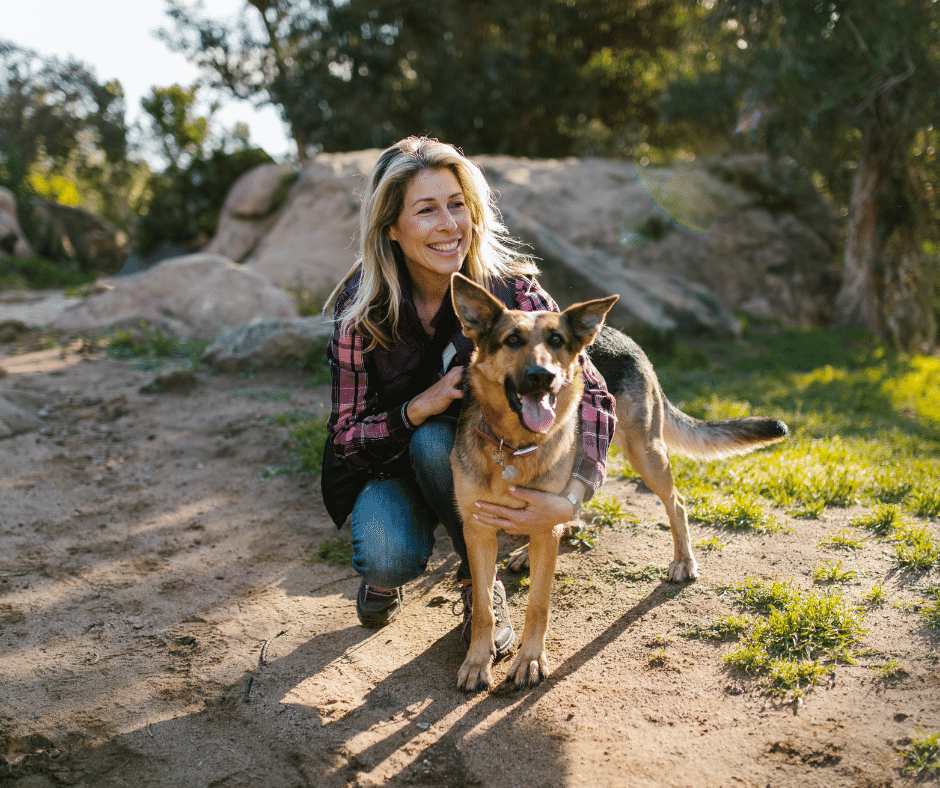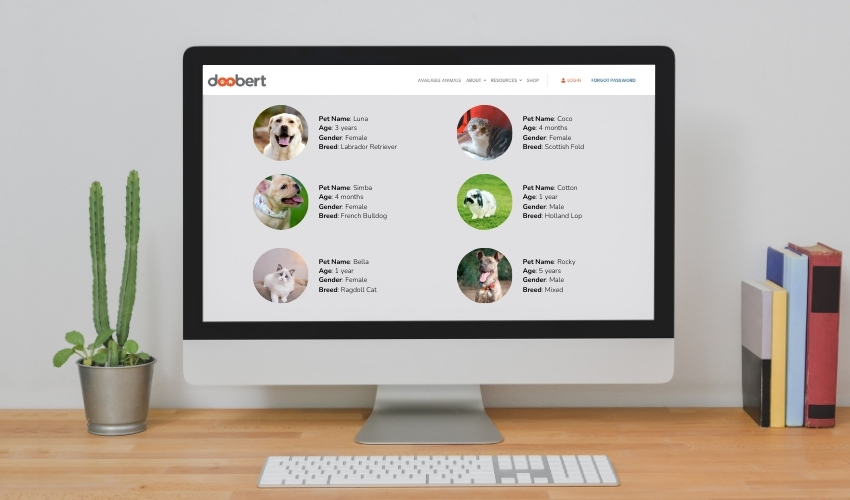How exactly can science help dogs in need of rehoming?
According to Dr. Karen Griffin, founder of the nonprofit organization called The Dog Rehoming Project,
“Dog overpopulation—stray dogs, unwanted dogs—are a worldwide problem. So, it’s hard to get exact figures… (But) in the U.S., recent estimates show (that) somewhere between about 4 and 6 million dogs are stray and enter shelters every year… So, we definitely have a problem… Yet, the amount of research that exists relative to the magnitude of the problem…is very disproportional. So, we’re putting science behind dog sheltering and dog rehoming.”
About the Mission of The Dog Rehoming Project
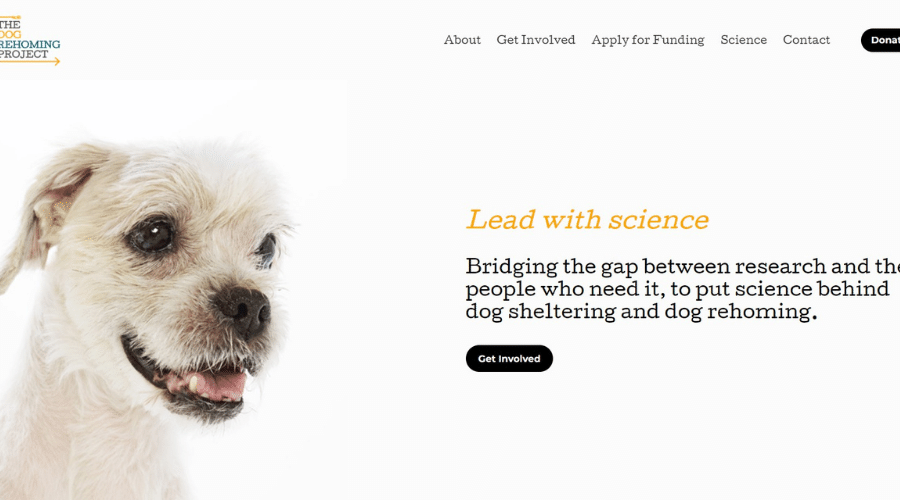
Aiming to support scientific research in the canine field, Dr. Karen founded The Dog Rehoming Project. Its mission is to bridge the gap between science and the individuals and organizations seeking to effectively shelter, provide sufficient welfare for, and rehome dogs.
In line with this, Dr. Karen shared that they had three primary aims:
- To both raise funds and then fund research about canine welfare;
- To serve as a central portal between researchers doing work in this field and the people and organizations whom they might need as participants; and
- To disseminate research in this field to the people and organizations who need it in an accessible and comprehensible manner.
Dr. Karen elaborated,
“We need to take research…out of the journals, out of the academia, and give it to the people who need it. But, we need to give it to them in a way that they can understand. So, you know: ‘This is X study. This is what we found, and these are the results. Most importantly, this is what it means to you. This is how you can use the research to amend your policies, amend your procedures, to improve dog welfare.’”
How The Dog Rehoming Project Began
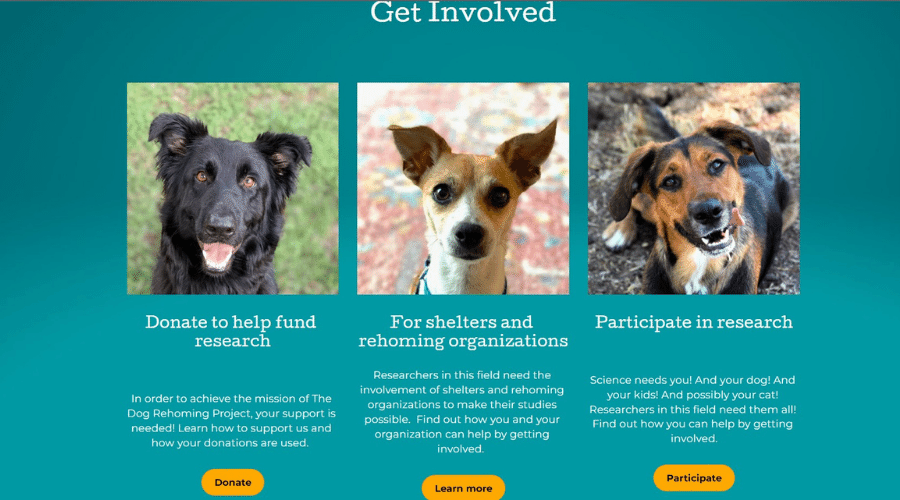

Taking a walk down memory lane, Dr. Karen shared how she got started with the idea of the nonprofit organization.
“Part of it began when I was writing my PhD thesis… The last chapter of it, you basically say, ‘Okay, this is all that I found. Years of work—this is where we are.’ But what’s interesting about it is…there just seems to be a big gap between research and practice… It just felt that there was this gap, and we needed to be able to bridge it because otherwise why are me and my colleagues…joining this research? What’s the point?”
Seeing that there was no funding in this field of academic research, she decided that with The Dog Rehoming Project, they would increase the pot of money that’s focused on canine research.
She also wanted the organization to operate more efficiently than most traditional organizations are doing.
“I’m excited. This is a long-haul thing, not a short-term thing. So, yeah, we’re hoping overall to improve the welfare of dogs through science,”
Dr. Karen said, closing the podcast.
Learn more about The Dog Rehoming Project!
Check out their website at https://www.thedogrehomingproject.org/.

